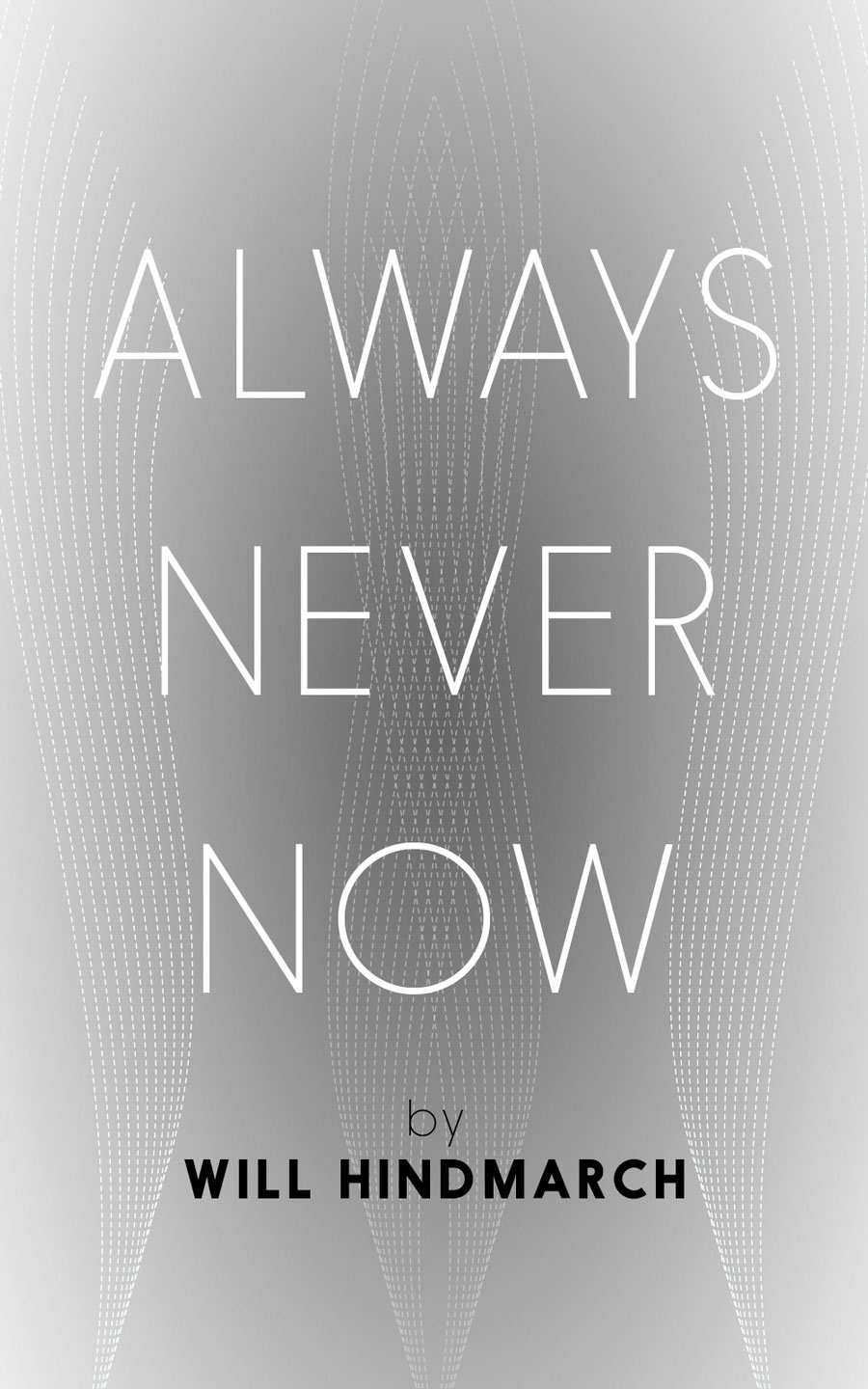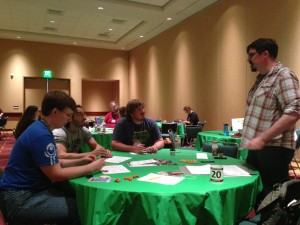GM: George Locke
Players: Sean Nittner, Lizzie Stark, Emily Care Boss, and Jason Morninstar.
System: Prayer Circle LARP
After The Artist Colony George and Lizzie invited some of us, those interested, to stay for a second playstorm. This one centered around the power of prayer. I really enjoyed the previous game and still had good energy, so I gladly signed up.
The format of the game is a denomination not specified Christian church-going family that has just lost a very important woman in their lives (she was many roles: mother, patron, ex-mother-in-law, mother-in-law, and ex-wife). Her final wishes were that the family come back together in the church and find a way to forgive each other. I think George said one of the themes of the game was the contrast between God’s unconditional forgiveness, and humans very conditional forgiveness.
The Game
This game ended up hitting extremely close to home for me. My character was divorced for reasons that striking resemble my own divorce, and although my character lost his ex-mother-in-law, it hasn’t been that long since I lost my father and sister.
We started in a prayer circle discussing why we were there, all playing our characters to the hilt, and then flashed back to a moment of pain, when one of us hurt the other (or, as humans so often do, when we both hurt each other). The flashback we elected was the break up between my character and Lizzie’s character. It hit home like a tidal wave, one that just kept surging. Each ebb in the scene was a moment of dread preparing for the next flood. At one point George tapped me on the shoulder and asked “how long can you keep pretending everything is okay?”
That question was a moment of truth for me. It registered for me the difference between art or play, and the reality that it both informs and emulates. In a game we expect the character to come into conflict when they want mutually exclusive things. But in reality, my experience was just a lot of endurance, and only letting out the truth in small, often passive aggressive, doses. I’m not saying everyone operates the way I do, but I did feel, at that moment, the strong connection between my life and the life of my character’s severed. In a game, I would push forward as though everything I had created with this person, a house, two children, a life together, was easily gambled, even expendable. In life, I was never so brave.
Thoughts on this game
I really didn’t know what I was getting into playing this game. It stirred up a lot of for me. Thinking about my ex-wife, thinking about my dad and my sister. I remember leaving and really wanting to stay connected to someone. Bless her heart, Emily walked me home.
Jason also had a lot of good feedback on the LARP, which he gave there. Mostly to do with how different denominations would respond to it, and that the game should pick a particular denomination and keep it true to that.
We got to sing in the beginning of the game, which was great. Emily has an amazing voice! I think it would have offered more closure for me if we sang again at the end.


